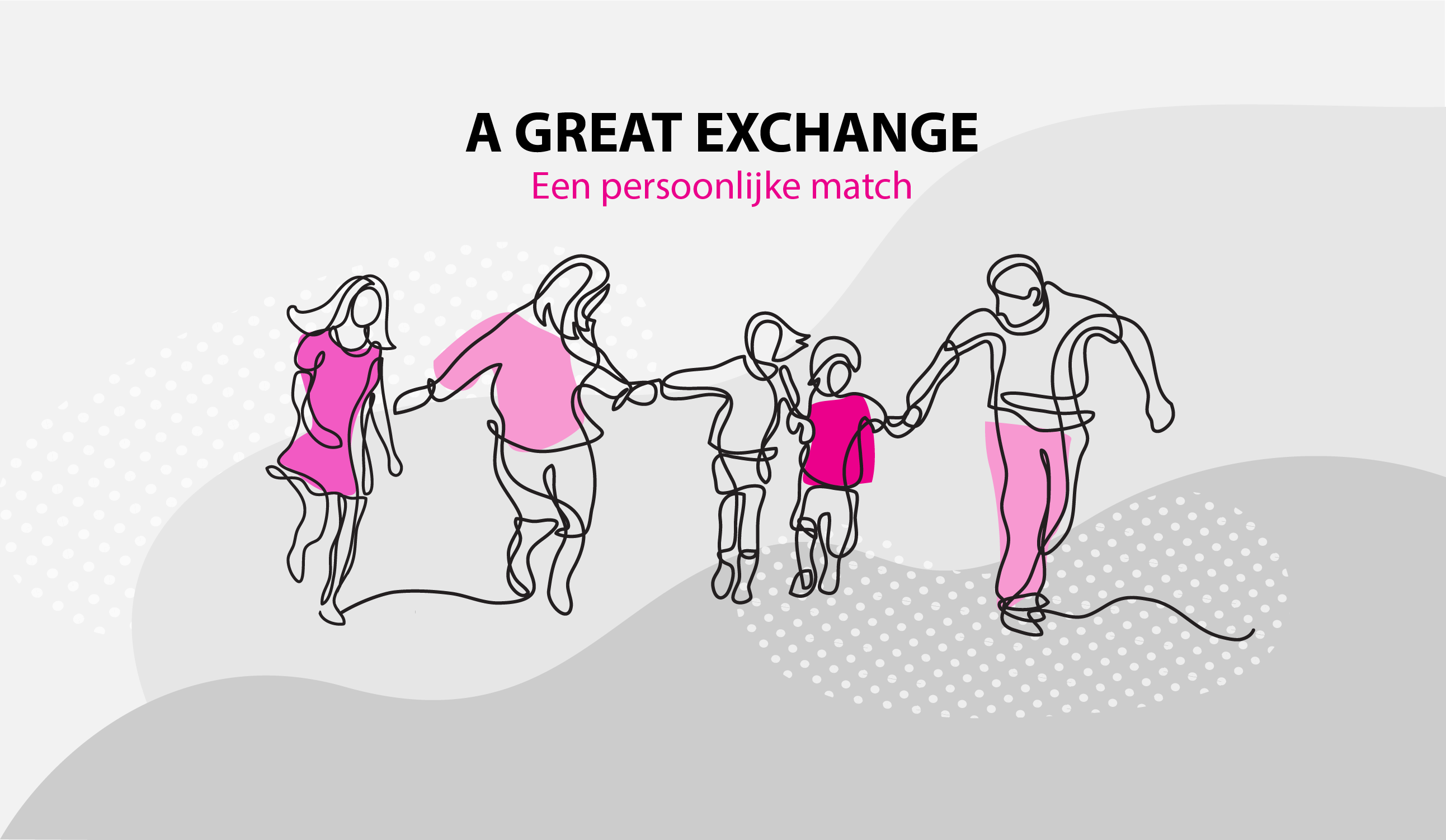04 Apr Future-Oriented Innovations
Future-oriented innovations are innovative products, procedures and solutions that are designed to increase people’s lives. They can also change an array of sectors just like healthcare and space technology, or perhaps boost a business’s competition. Developing this sort of innovations requires an extensive analysis of current problems and possibilities.
To formulate such enhancements, organizations must embrace significant epistemic openness (Moqaddamerad, https://datatraininst.com/2021/11/12/three-reasons-why-your-company-needs-a-virtual-data-room/ 2019; Moqaddamerad and Tapinos, 2020). It is important to recognize that it type of technique requires a significant shift in thinking and frame of mind among all stakeholders. It can also need collaboration with diverse hi-tech strategy stakeholders in order to determine new alternatives that will help organizations and industrial sectors thrive above the long term.
Furthermore, the development of these innovations needs a great in-depth research of the current technological environment and its long term future implications. This is particularly authentic when companies are involved in a disruptive innovation just like 5G, as an illustration.
For a good innovation process, businesses must understand that they are dealing with future possibilities (Peschl, 2019a). These potentials may be unrealized or unidentified in the present; however , they are really a vital supply for long term future innovations having positive effects in human and organizational well-being.
It is therefore important to figure out how to identify and cultivate not yet realized potentials in a sense-making process, which are often called phronesis (Nonaka and Takeuchi, 2019; Peschl, 2020). Phronesis empowers employees to exercise prudent decision and consider wise decisions by attaching concrete decisions and action with intelligence, goodness and future goal.
In this sense-making process, actors plan to interpret unstable developments and understand occasions as they happen, intentionally with the probable forthcoming impact of certain activities when developing a proper response (Gioia tout autant que al., year 1994; Stigliani and Ravasi, 2012). Managers rely on this kind of interpretations when coming up with decisions. That they build a path towards a great uncharted future, using the benefits of phronesis and future-oriented sensemaking as well as proper foresight (Friesl et approach., 2019, 2020).
This homework investigates just how managers handle uncertainties and how their responses relate to their sense-making practices in a Nordic telecom firm facing the disruptive breakthrough of 5G networks. The study is based on specific interviews with five associates of the operations team, in addition to a two-day workshop aimed at creating a shared understanding about 5G and their industry.
Interviews with participants says, as a result of future uncertainties, ComCo’s managers involved in horizon scanning service and placed track of changes in the environment. They were especially concerned about the effect of 5G on their market and business model, which in turn required them to keep an eye out with regards to opportunities and threats.
Furthermore, the interviews uncovered that the management team of ComCo employed a number of strategies to manage their uncertainties, which included a collaborative sensemaking procedure and the make use of a foresight tool, such as the business model fabric (BMCA). In addition they considered many different possible scenarios to better appreciate their forthcoming.
These findings claim that future-oriented expertise is definitely an effective method to address forthcoming challenges in science education. However , the mixing of these kinds of competencies into the current subjects needs to be thoroughly planned and implemented.



